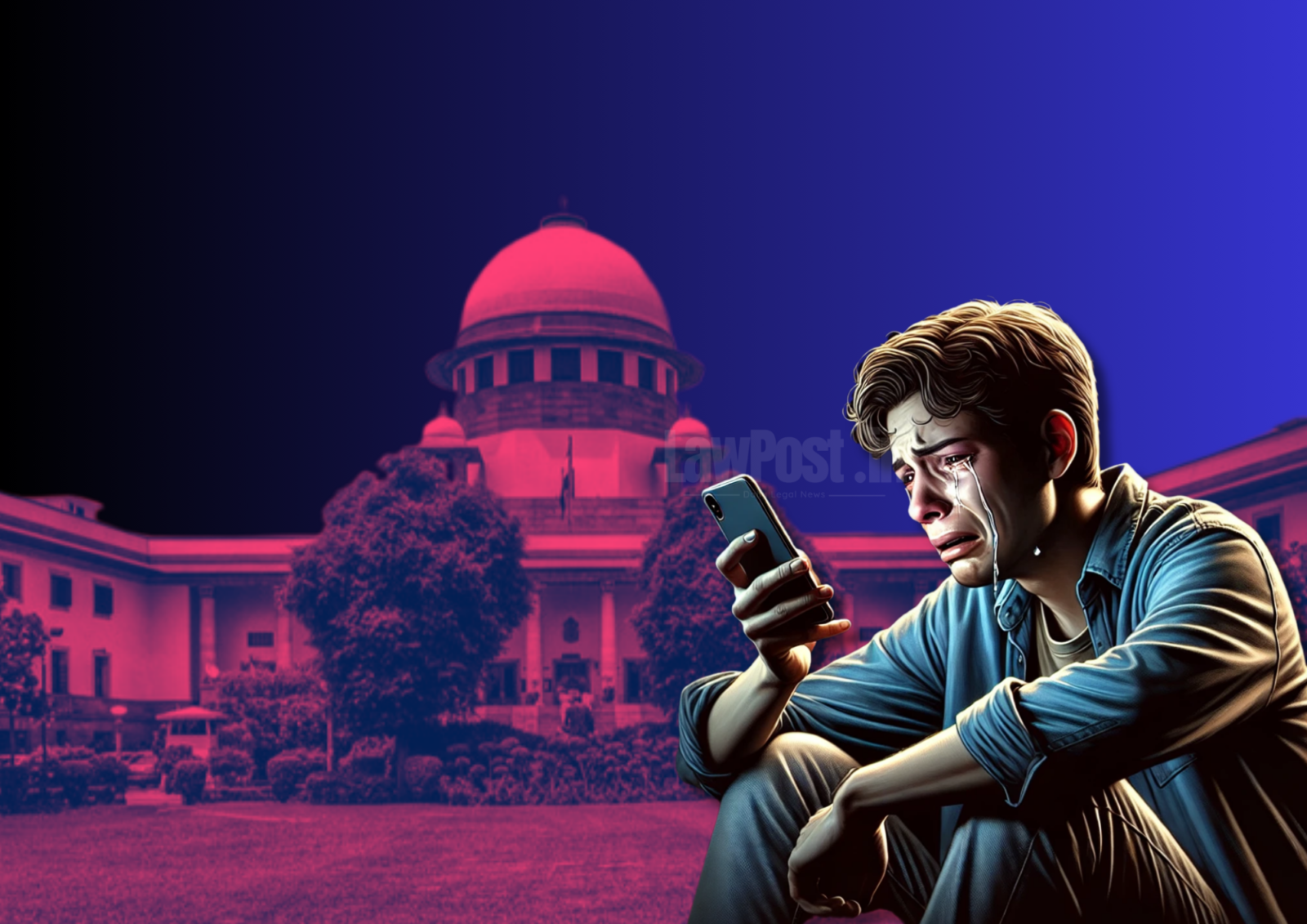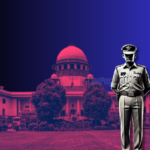The Supreme Court has stayed Goods and Services Tax (GST) proceedings against 49 online gaming companies in connection with retrospective tax demands on the full face value of bets placed through their platforms. A Bench of Justices JB Pardiwala and R Mahadevan granted the stay on Friday, following a request by the GST department. The case is now scheduled for hearing on March 18, 2025.
The decision comes amidst ongoing debates over the GST Council’s imposition of a 28% tax on the full face value of bets. The Council introduced this levy on October 1, 2023, and promised to revisit the policy after six months. However, the online gaming industry has argued that GST should be calculated on gross gaming revenue (GGR)—the amount wagered minus winnings—rather than on the total bet amount, citing fairness and sustainability concerns.
Impact of GST Demands
Online gaming companies have been grappling with retrospective GST notices that demand payments calculated at 28% on the full face value of bets placed between August 2017 and October 1, 2023. These demands have resulted in 71 show-cause notices alleging GST evasion of ₹1.12 lakh crore for 2022-23 and the first seven months of 2023-24. Including interest and penalties, the total liability could exceed ₹2.3 lakh crore.
The gaming industry contends that taxing the full face value places an undue burden on users and platforms. “This could make online gaming platforms less accessible to the general public,” industry representatives have said.
Gameskraft Case: A Turning Point
A pivotal case in this legal battle involves Gameskraft Technology, which received a show-cause notice in September 2022 for allegedly failing to pay ₹21,000 crore in GST between 2017 and June 2022. Authorities accused the company of facilitating online betting through games such as Rummy Culture, Gamezy, and Rummy Time and claimed the company failed to issue invoices to its users.
The Karnataka High Court, however, ruled in Gameskraft’s favor in May 2023, declaring that Rummy is a game of skill and that Gameskraft’s activities did not constitute actionable claims subject to GST. The GST department challenged this decision before the Supreme Court, which stayed the High Court’s ruling in September 2023.
Supreme Court’s Observations
At Friday’s hearing, Additional Solicitor General N Venkataraman, representing the GST department, argued that allowing show-cause notices to proceed was crucial for protecting the Revenue’s interests. “Some notices will run their course in February. Not staying them would be adverse to the Revenue,” the ASG submitted.
The Bench, however, emphasized the need for consistency and fairness. The Court’s stay prevents further action on retrospective GST demands until the matter is comprehensively examined.
Industry-Wide Implications
The Supreme Court’s decision temporarily shields online gaming companies from further proceedings, providing a reprieve to an industry that has been advocating for tax reforms. As the March 18 hearing approaches, the case is expected to clarify critical legal issues, including the classification of online games as games of skill or chance and the scope of actionable claims under GST.
The online gaming sector, which has seen rapid growth in recent years, now awaits the Supreme Court’s final judgment on the matter, which could set a precedent for the taxation framework governing this emerging industry.
Case: Gameskraft vs GST – Available on LAWFYI.IO








